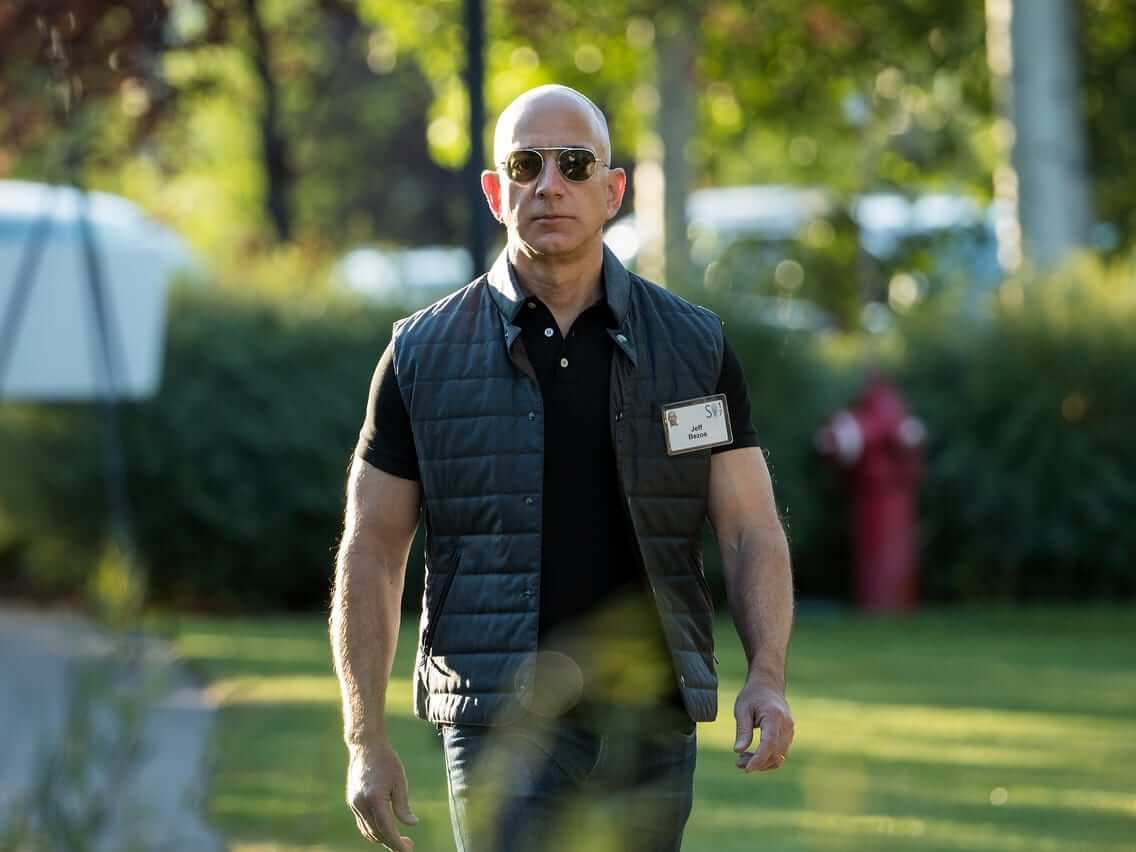Several years ago, the largest department store in Europe — and the third in the world — Spain’s El Corte Inglés, announced a two-hour delivery service for purchases of more than €20 and up to five products in more than 54 Spanish towns and cities, a move clearly designed to compete with Amazon Prime Now, which in Spain is still only available in Madrid, Barcelona and Valencia.
The efforts of the Spanish distribution giant to compete against Amazon are reminiscent, despite its very different positioning, of another family-owned retailer, this time from the United States, Walmart, which has also been trying to compete with Prime Now via Walmart+, and which yesterday announced a 74% increase in its online sales and the closure of Jet, the online supermarket created by Marc Lore which it acquired for $3.3 billion in August 2016. After the acquisition, which saw Lore become director of the company’s global online business, Walmart’s strategy changed radically and was based on Jet.com’s strategy, with largely satisfactory results. In fact, the company maintains a reasonably innovative position in logistics, and is even testing delivery by autonomous vehicles in some cities.
Is it possible to compete with a giant like Amazon? What does it mean, for example, that two-hour delivery has been available in Spain for years via companies like El Corte Inglés, but that it still hasn’t made much impact, while despite its limitations, Amazon’s Prime Now is so widely used? What must traditional competitors do to really challenge a company like Amazon?
Undoubtedly, the impact of lockdown has helped popularize it, as have changing consumer habits during the pandemic. Services such as Click&Collect or Click&Car, also offered by El Corte Inglés and at some other traditional competitors, have experienced five-or six-fold increases over the last three months, and it is conceivable that many users, after having used them on a regular basis for several weeks, will continue to do so, to a greater or lesser degree, when the lockdown is lifted.
For a company like El Corte Inglés, for which online sales are its second-most important revenue stream, and which has transferred many workers from other departments to picking and packing orders in recent weeks, this is a vital moment, given that if it achieves significant growth in its online business, it could hypothetically try to consolidate a significant part of that demand in the future. The store has a number of central Madrid locations with large car parks that are now filled with customers using its Click&Car collect service: it has gone from around 30 orders a day to more than 500: how many will continue to buy in this way once the pandemic is under control?
So let us repeat the question: is it possible to compete with Amazon? Possibly. But to do so, businesses must commit to a long game, to positioning each new service as a step toward consolidating the habit of online shopping. For a long time, the game consisted of Amazon committing to online sales while traditional competitors tried to avoid cannibalizing their stores, which meant less intensity when communicating their initiatives and often little conviction, typically the result of lack of resources. Then, traditional competitors began to bring in experienced online business managers at senior levels, prioritizing e-commerce as part of a strategic shift.
For Amazon’s many traditional competitors, the COVID-19 pandemic may be an opportunity to position themselves with broad segments of the population precisely when they most need it, and to instill long-lasting consumption habits in their customers. The analysts predicted that the pandemic would play to Amazon’s strengths: reports say the company is earning around $10,000 per second, all of which makes Jeff Bezos infinitely richer. But what about his competitors? Will the lockdown and increased use of e-commerce by broader segments of the population in countries where their brand is well-known provide an opportunity to hold their own against Amazon?
About the Author
This article was written by Enrique Dans, professor of Innovation at IE Business School and blogger at enriquedans.com.





























